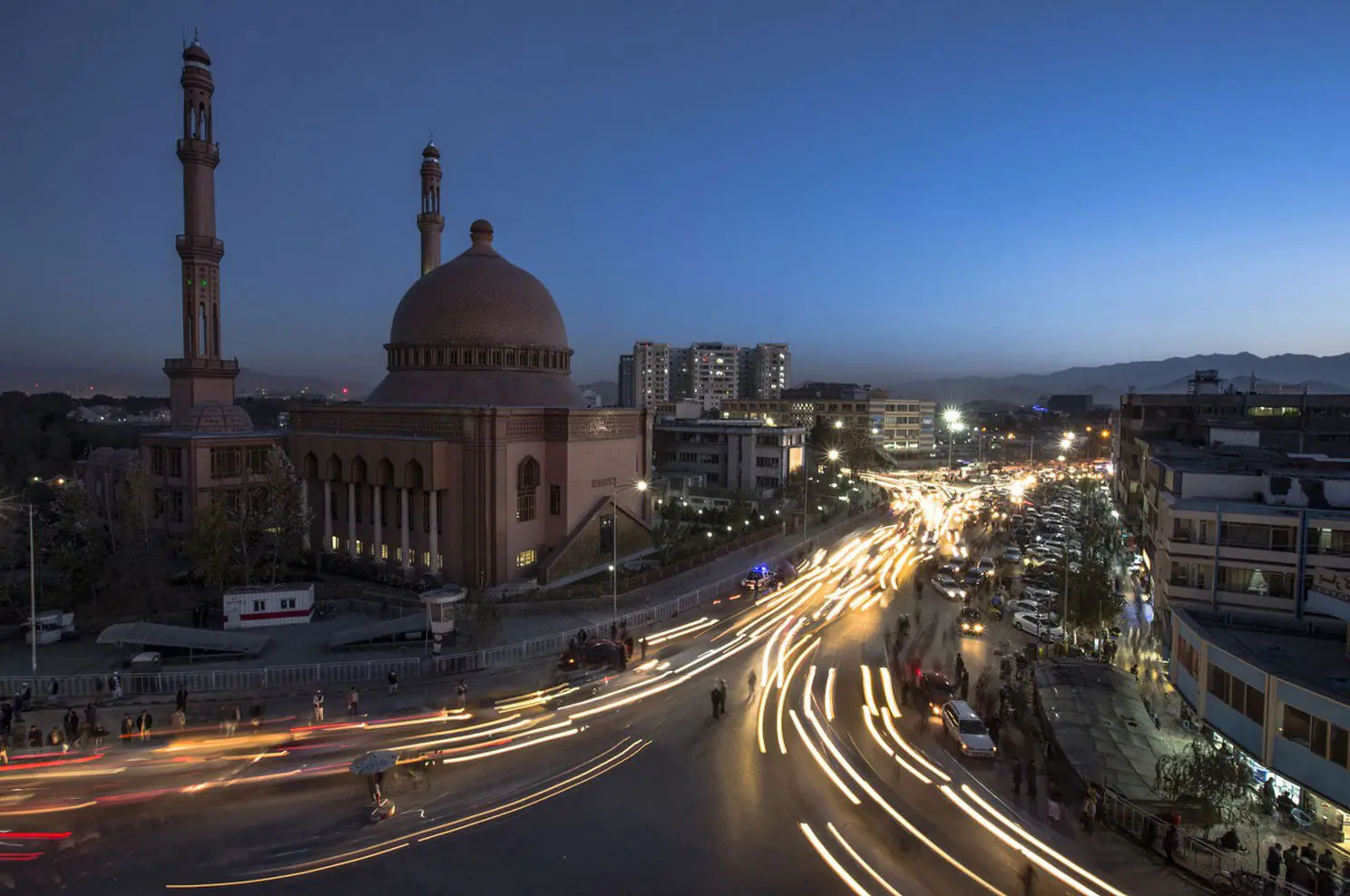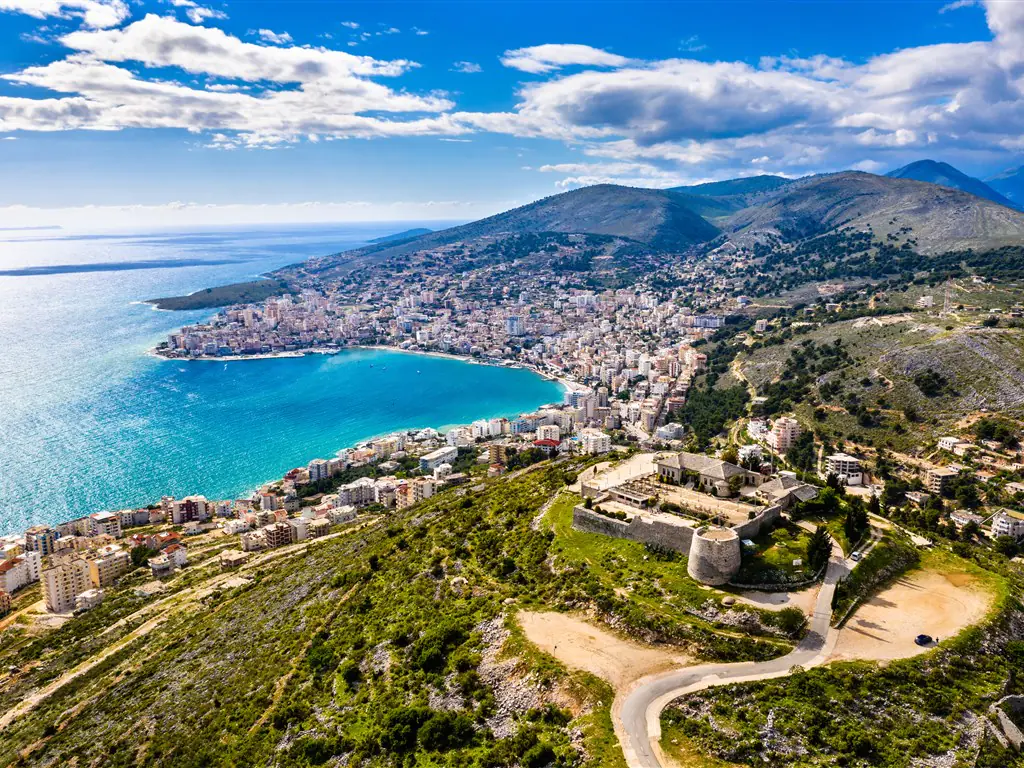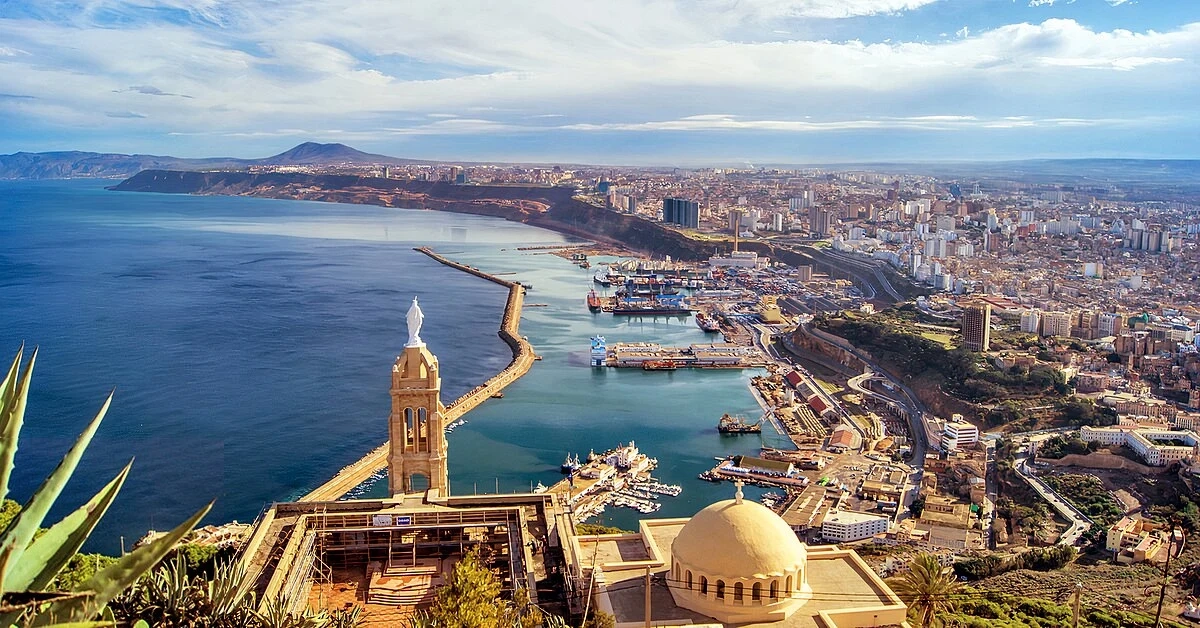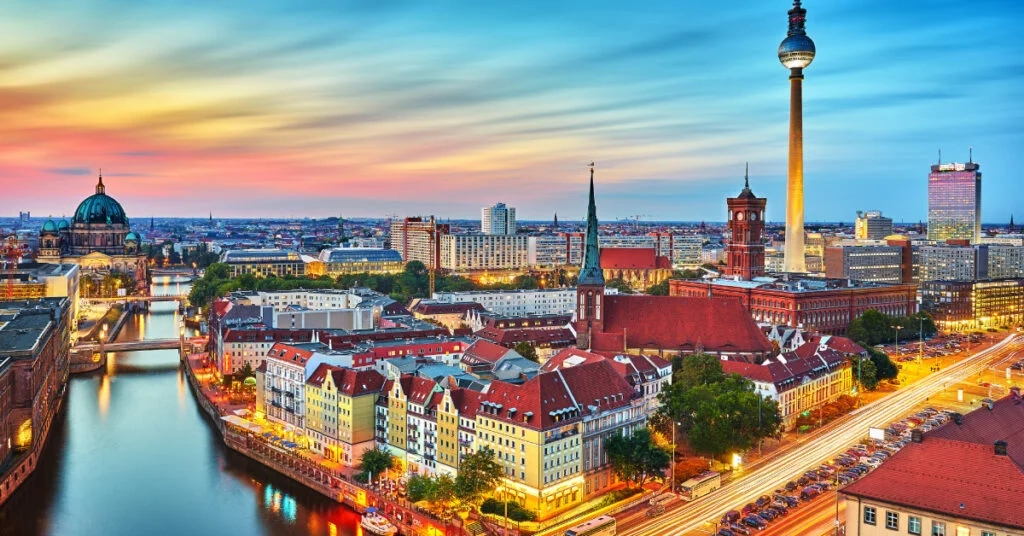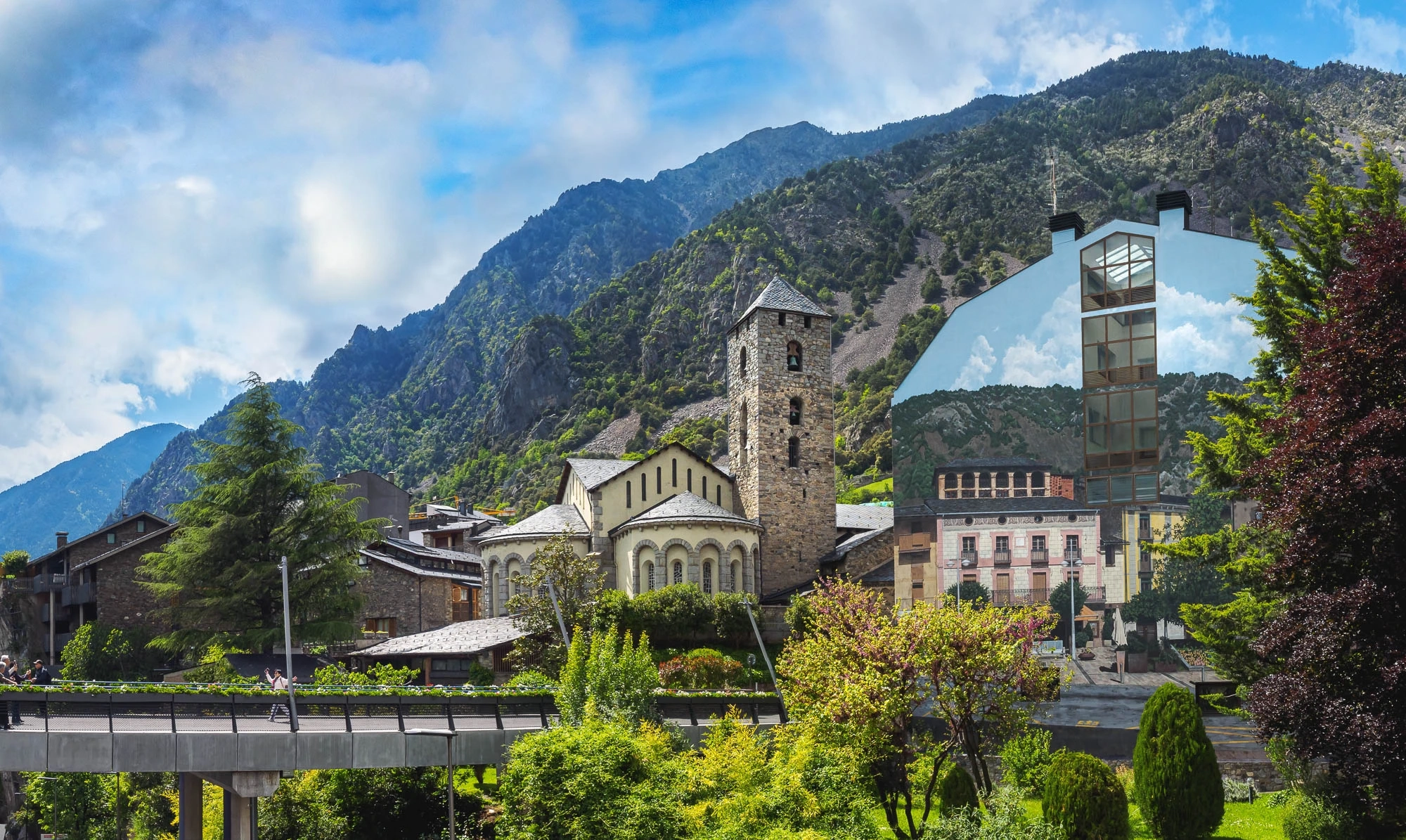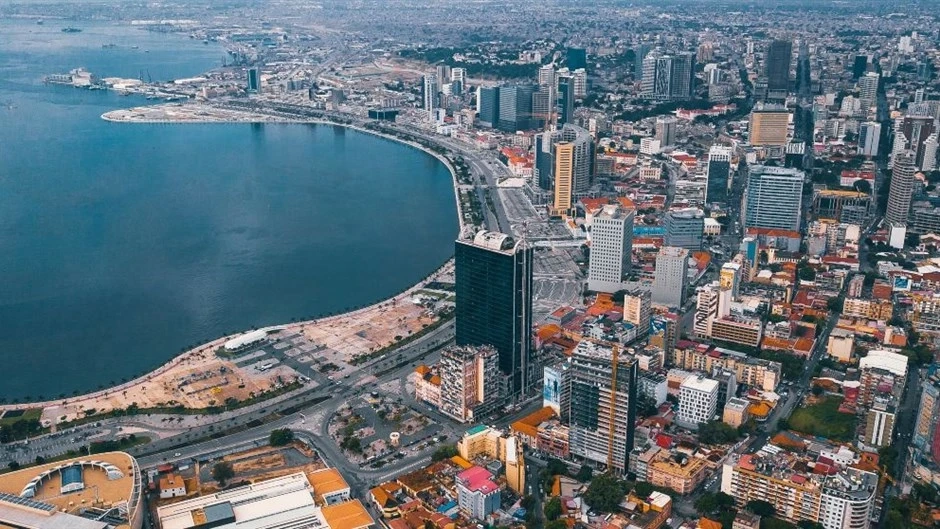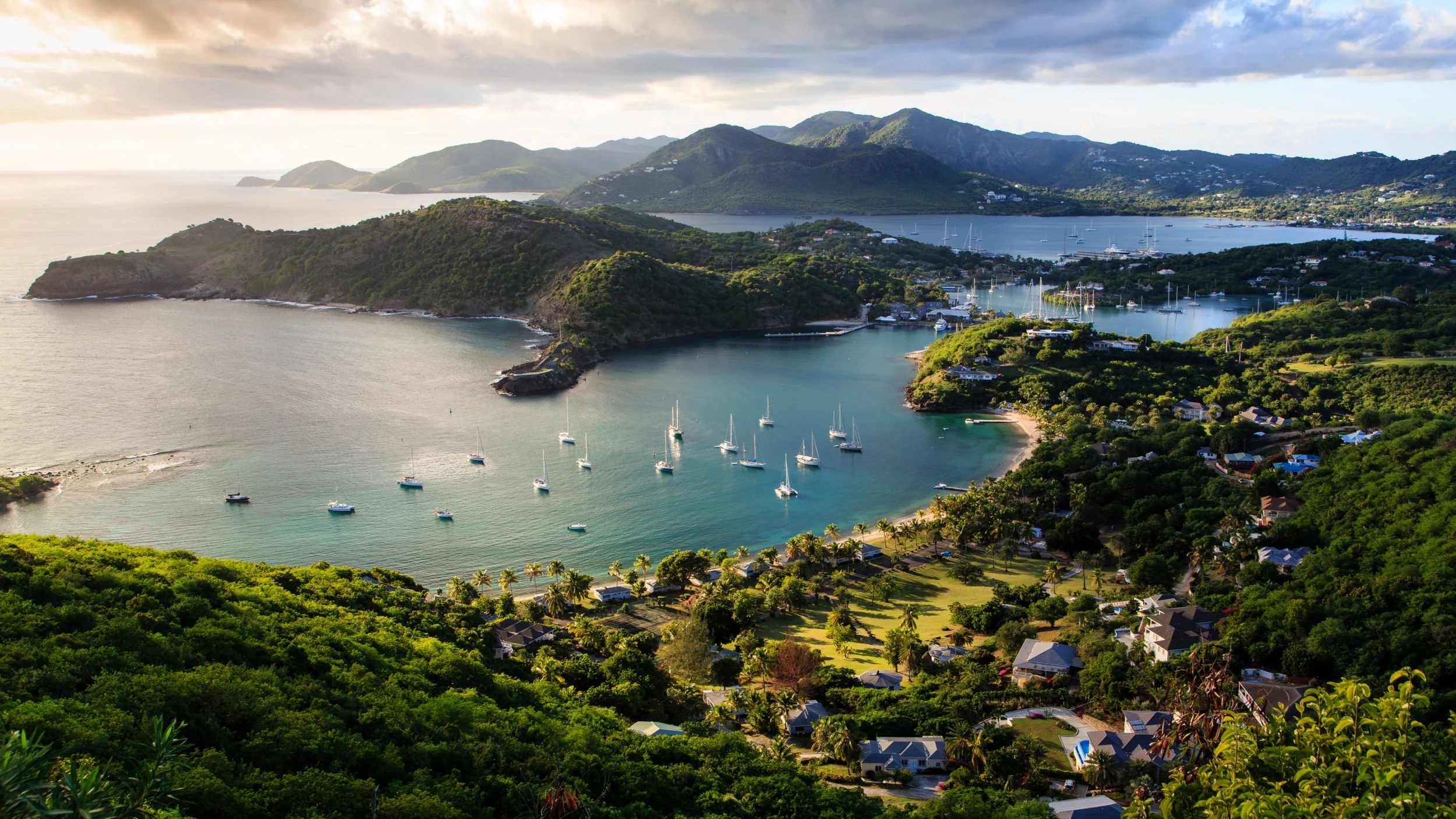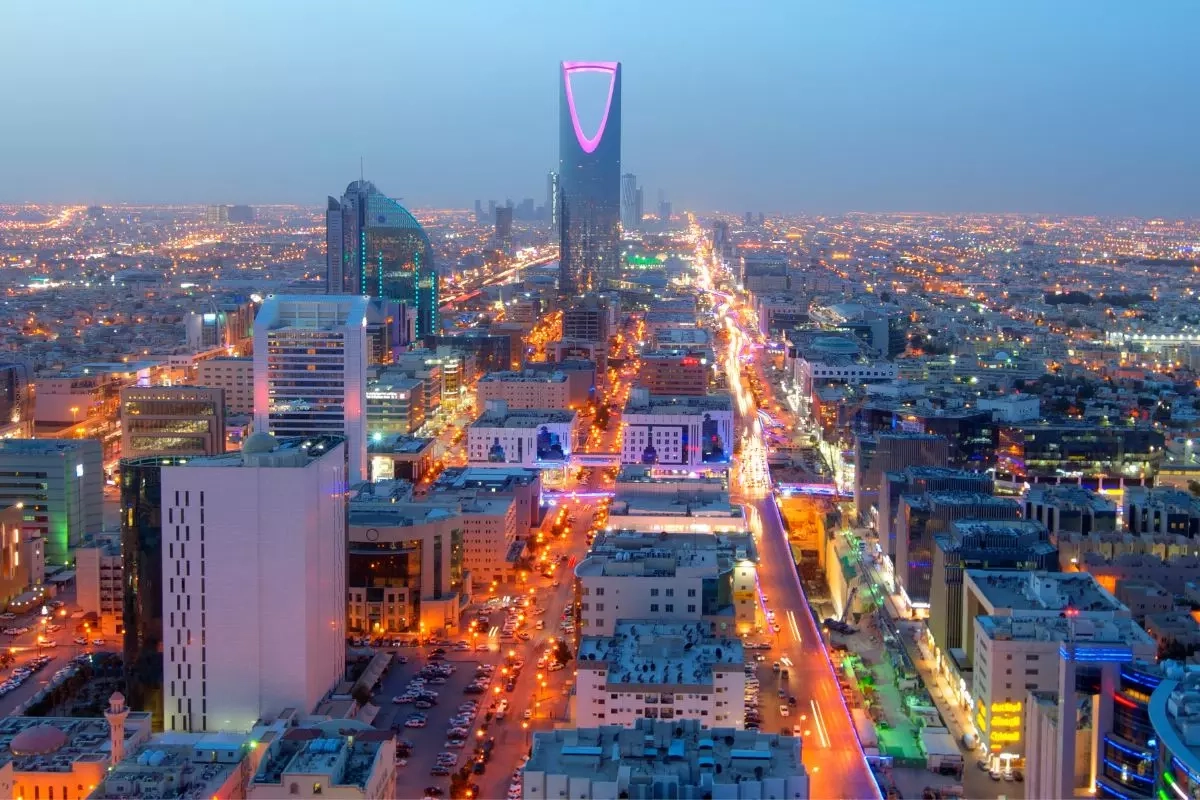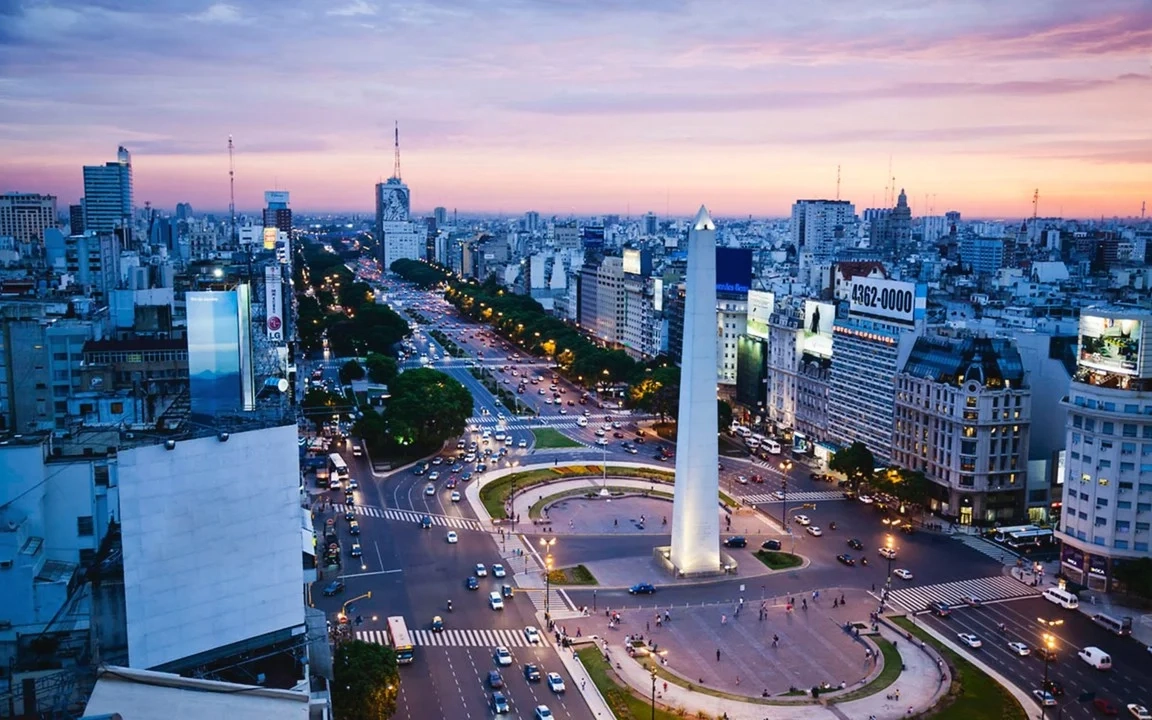1. Cost of Living: The cost of living in Papua New Guinea can be relatively high, particularly in urban centers. Rental prices, in particular, can be significant. Monthly rent for a one-bedroom apartment in a city center may range from 1,500 PGK to 3,000 PGK, while outside the city center, it may be around 800 PGK to 2,000 PGK.
2. Healthcare: Healthcare services in Papua New Guinea may vary in quality, with better facilities typically found in urban areas.
3. Transport: Public transportation options, such as buses, may be available in urban areas, and fares can range from 1 PGK to 5 PGK. Taxis are also common, with fares starting at around 5 PGK for short distances.
4. Food: The cost of food can vary depending on whether one shops at local markets or supermarkets. On average, a basic meal at a local eatery may cost around 10 PGK to 30 PGK, while dining at a mid-range restaurant could range from 50 PGK to 150 PGK per person.
Expatriates and individuals considering living in urban areas may budget around 7,000 PGK to 15,000 PGK or more per month for a moderate standard of living. This sum would typically cover expenses such as rent, utilities, transportation, food, healthcare, and miscellaneous costs.
Pros:
- Cultural Diversity: Rich cultural diversity, with hundreds of ethnic groups and languages.
- Natural Beauty: Stunning natural landscapes, including tropical rainforests, mountains, and pristine beaches.
- Community Spirit: Papua New Guineans often value community bonds and have strong family ties.
- Opportunities for Adventure: For those seeking adventure, Papua New Guinea offers opportunities for activities such as trekking, diving, and exploring remote areas.
- Economic Opportunities: Expatriates, particularly those with skills in sectors like mining, oil and gas, and agriculture, may find employment opportunities.
Cons:
- Limited Infrastructure: Infrastructure in Papua New Guinea, particularly in rural areas, may be limited. This includes basic amenities such as reliable electricity, water supply, and road networks.
- Security Concerns: Some areas of Papua New Guinea experience security challenges, including crime rates and civil unrest.
- Healthcare Challenges: The healthcare system faces challenges, and access to quality medical services may be limited, especially in remote areas.
- Cost of Living: The cost of living, particularly in urban centers, can be relatively high.
- Isolation and Limited Connectivity: Papua New Guinea's geographical isolation can lead to limited connectivity and access to modern amenities. Internet and communication services may not be as advanced as in some other countries.
1. Port Moresby: Port Moresby offers the most extensive range of amenities, services, and employment opportunities.
2. Lae: Lae is an important industrial and commercial center.
3. Madang: Madang is a coastal town known for its natural beauty, including pristine beaches and lush landscapes. It is considered one of the more pleasant and relaxed places to live.
4. Goroka: Goroka is known for its cultural diversity and is often considered a hub for education and agriculture.
5. Mount Hagen: Mount Hagen serves as a commercial and transportation hub for the highlands region. It offers a mix of urban and rural elements and is known for its coffee production.
- Health Precautions:
Papua New Guinea may have specific health requirements. Ensure that you are aware of any vaccinations or health checks needed before entering the country.
- Employment Opportunities:
Secure employment or a job offer before immigrating if possible.
- Accommodation:
Research the housing market in your chosen location. Whether renting or purchasing, understand the local housing options, costs, and safety considerations. Make housing arrangements before arriving, if possible.
- Cultural Sensitivity:
Papua New Guinea is culturally diverse, and respecting local customs is crucial. Learn about the cultural norms, etiquette, and social practices.
- Security Awareness:
Stay informed about security conditions in the area you plan to live. Be aware of any travel advisories, and take precautions to ensure your safety, especially in urban centers.






